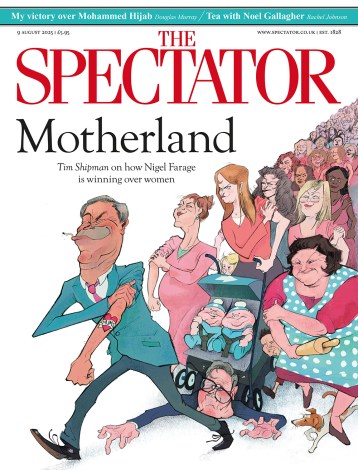Love stories
Unfortunately for the reading public, most of Bernadine Bishop’s working life has been spent as a psychotherapist. Having published a couple of early novels, she put aside her pen, first to become a teacher, and then a shrink: it was only after cancer forced her retirement in 2010 that she turned again to writing. I










